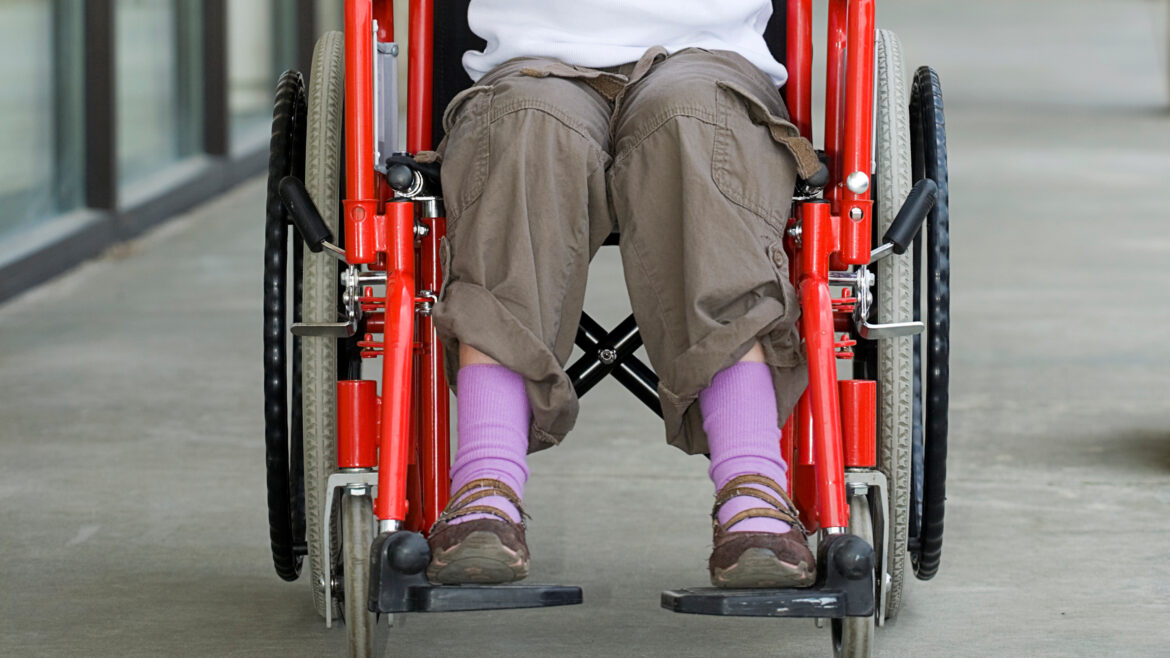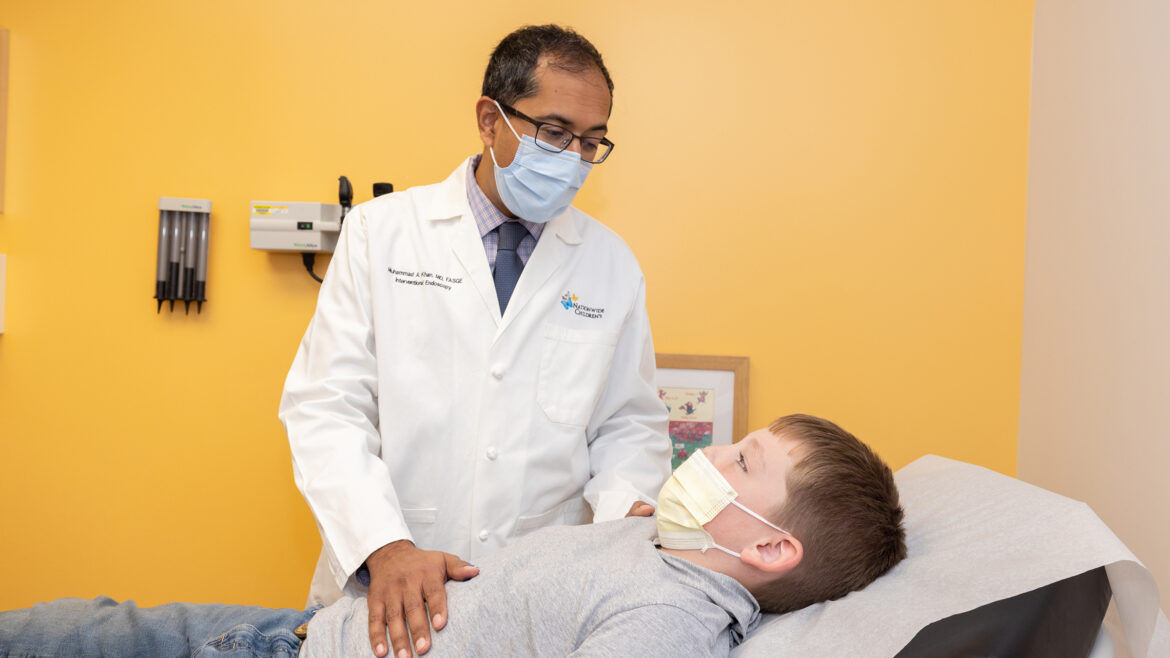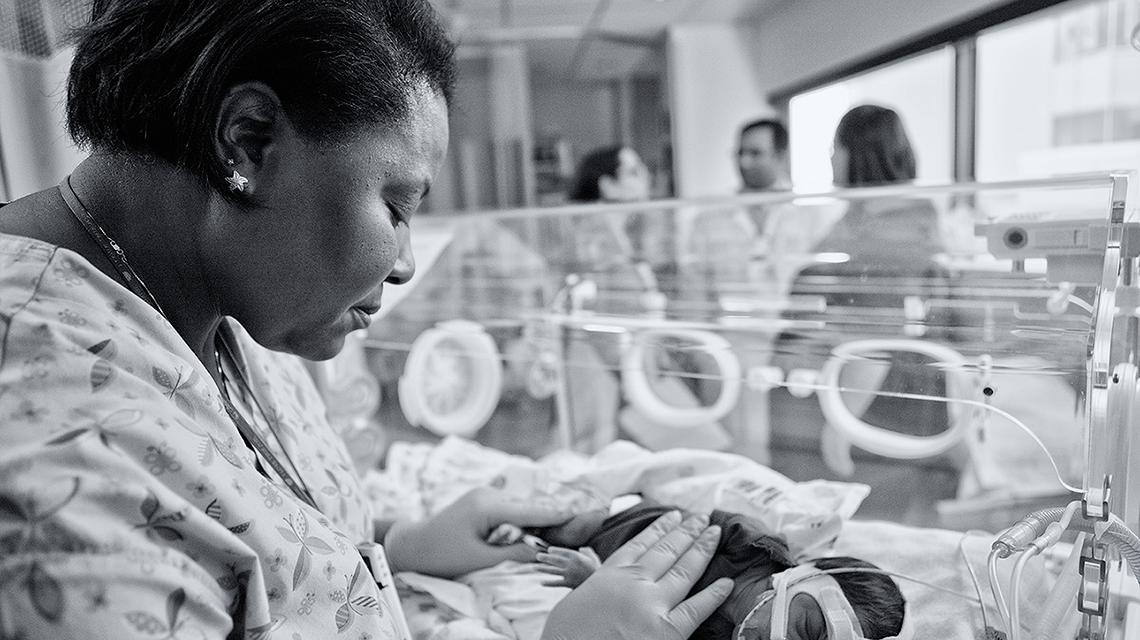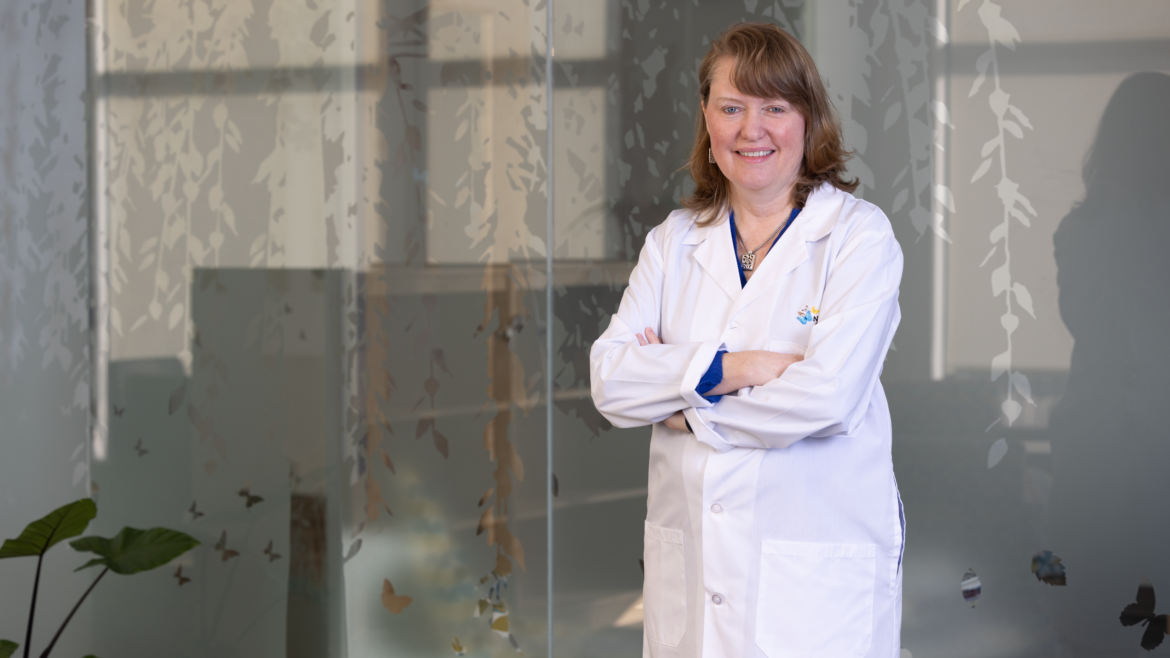Re-evaluating GI Medication Regimens in People With Cystic Fibrosis
Re-evaluating GI Medication Regimens in People With Cystic Fibrosis https://pediatricsnationwide.org/wp-content/uploads/2023/02/AdobeStock_63552580-1024x681.png 1024 681 Emily Siebenmorgen https://pediatricsnationwide.org/wp-content/uploads/2023/05/Emily.Siebenmorgen-scaled-e1684876333147.jpgAfter widespread adoption of highly effective modulator therapy (HEMT), a new study evaluated the GI medication regimens of people with cystic fibrosis (CF). The study, published in Pediatric Pulmonolgy, found patient-initiated decreases in dosing and withdrawal from common GI medications is already occurring, yet there is no evidence to support this practice. Highly effective modulator…












